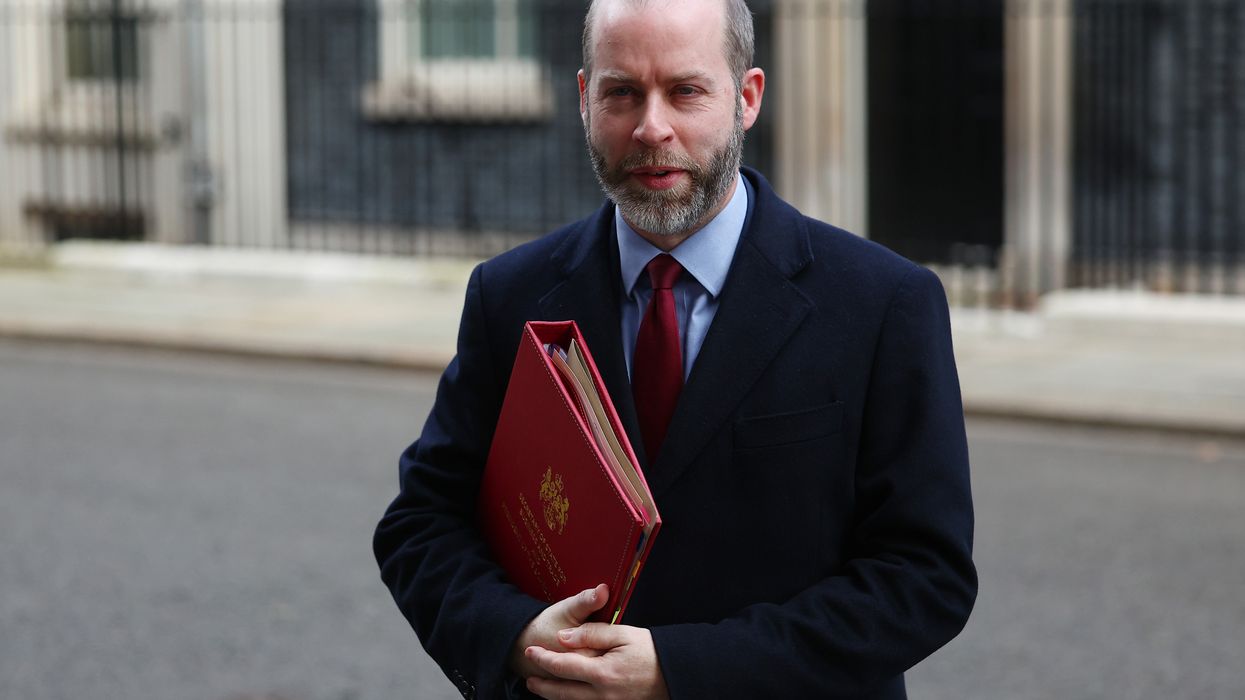THE UK is ready to support both India and Pakistan in de-escalating tensions following deadly clashes between the two countries, trade secretary Jonathan Reynolds said on Wednesday.
“Our message would be that we are a friend, a partner to both countries. We stand ready to support them. Both have a huge interest in regional stability, in dialogue, in de-escalation and anything we can do to support that, we are here and willing to do,” Reynolds told BBC radio.
The UK foreign office issued a travel advisory for British nationals, warning against travel within eight kilometres of the India-Pakistan border, within 16 kilometres of the Line of Control, and all travel to Pakistan’s southwestern Balochistan province.
ALSO READ: What is Operation Sindoor, India's strikes in Pakistan?
“We are continuing to monitor the situation closely. British nationals should stay up to date with our travel advice and follow the advice of local authorities,” it said.
The recent violence was the worst between the nuclear-armed neighbours in two decades. The clashes have triggered responses from several countries, urging both sides to show restraint.
China called on India and Pakistan to prioritise peace and stability. “We call on both India and Pakistan to prioritise peace and stability, remain calm and restrained and avoid taking actions that further complicate the situation,” China’s foreign ministry said.
US President Donald Trump said, “It’s a shame, we just heard about it. I just hope it ends very quickly.”
ALSO READ: India launches strikes on Pakistan after Kashmir attack; dozens killed in border clashes
US National Security Council spokesman Brian Hughes said Secretary of State Marco Rubio is encouraging India and Pakistan “to re-open a channel between their leadership to defuse the situation and prevent further escalation,” after speaking with counterparts from both countries.
The United Nations also expressed concern. “The Secretary-General is very concerned about the Indian military operations across the Line of Control and international border. He calls for maximum military restraint from both countries,” a spokesperson for UN Secretary-General Antonio Guterres said. “The world cannot afford a military confrontation between India and Pakistan,” he added.
France called for restraint while acknowledging India's security concerns. “We understand India's desire to protect itself against the scourge of terrorism, but we obviously call on both India and Pakistan to exercise restraint to avoid escalation and, of course, to protect civilians,” said French Foreign Minister Jean-Noel Barrot on TF1 television.
Russia said it was “deeply concerned by the escalation of military confrontation.” Its foreign ministry called on both sides to “exercise restraint to prevent further deterioration” and expressed hope that tensions would be resolved through peaceful and diplomatic means.
Afghanistan also issued a warning, saying escalation is not in the interest of the region.





